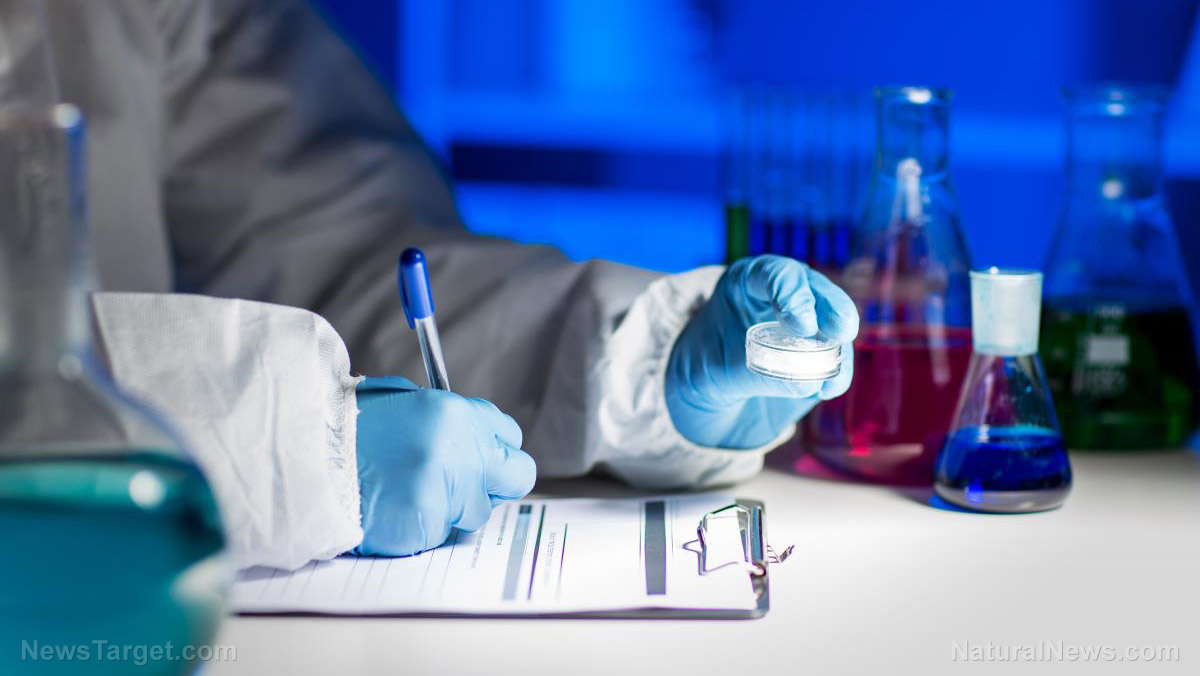Research fraud case costs Brigham and Women’s Hospital $10 million in legal settlement
05/05/2017 / By Bridgette Wilcox

Brigham and Women’s Hospital (BWH), a Boston hospital and one of Harvard Medical School’s biggest teaching affiliates, has agreed to pay $10 million to settle allegations of research fraud in a 2012 cardiac stem cell study, BostonGlobe.com reports. BWH settled with the United States Department of Justice (DOJ), which alleged that the hospital’s researchers used falsified data in applying for federal funding from the National Health Institute (NIH). The NIH then funded the study with awards that amount to $42 million, the article said.
The study, led by top cardiologists Piero Anversa and Joseph Loscalzo, and published in the American Heart Association‘s journal Circulation in October 2012, was seen as groundbreaking when it boldly posited that the human heart had the ability to regenerate and heal itself. However, in April 2014, Circulation issued a notice of retraction following an internal investigation that raised questions about the reliability of the data.
“An ongoing institutional review by Harvard Medical School and Brigham and Women’s Hospital has determined that the data are sufficiently compromised that a retraction is warranted,” the retraction statement said. In the wake of the retraction, a former research fellow who worked in Anversa’s lab wrote on RetractionWatch.com about what it was like to work in the lab, which they described as a “scientific nightmare” and “conducted under a severe information embargo” where those who dared question the findings worked in fear of losing their jobs and being unable to find new ones.

“In practice, all data that did not point to the ‘truth’ of the hypothesis were considered wrong, and experiments which would definitively show if this hypothesis was incorrect were never performed,” the source, who opted to remain anonymous, wrote.
“The general game plan of the lab was to use two methods to control the workforce: Reward those who would play along and create a general environment of fear for everyone else. The incentive was upward mobility within the lab should you stick to message. As ridiculous as it sounds to the average academic scientist, I was personally promised money and fame should I continue to perform the type of work they desired there,” the source said.
The stem cell lab where the study was conducted was shut down in 2015, and Anversa, along with co-authors Annarosa Leri and Jan Kajstura have left BWH.
“BWH is committed to ensuring that research conducted at the institution is done under the most rigorous scientific standards and has made significant enhancements to research integrity compliance protocols as a result of this event,’’ the hospital was quoted as saying in the same BostonGlobe.com article.
Leri and Anversa, according to their attorney Tracy Miner, are now working at a research institute in Switzerland. The two doctors have sued BWH and Harvard regarding the investigation — though no verdict or settlement has been made yet.
Stem cell research fraud
The controversial study was one in several prominent stem cell-focused research studies that were found to be questionable or fraudulent. Aside from Anversa’s study, another relatively recent high-profile case of research fraud was that involving, Japanese scientist Haruko Obokata, who was exposed for falsifying findings on what was initially heralded as a revolutionary study.
According to a story on TheGuardian.com, the young Obokata, then touted as Japan’s scientific wonderchild, published two papers in international science journal Nature. The papers detailed how she and her fellow researchers used blood cells from mice to explore simpler ways of reprogramming cells. The findings she presented showed how she was able to transform ordinary body cells into embryonic stem cells by simply dropping them into a citric acid bath.
The results were groundbreaking, but turned out to be too good to be true. Within days of publication, the veracity of her study was called into question after images appeared to be doctored and some text found to be taken from other publications. Obokota, whose other studies were also found to be fraudulent, eventually resigned from the research center where she worked.
Keep up with the latest scientific research and news on Scientific.news.
Sources include:
BostonGlobe.com
Circ.AHAJournals.org
RetractionWatch.com
TheGuardian.com
Submit a correction >>
Tagged Under:
Harvard, research fraud, scientific studies, Stem cell research
This article may contain statements that reflect the opinion of the author





















